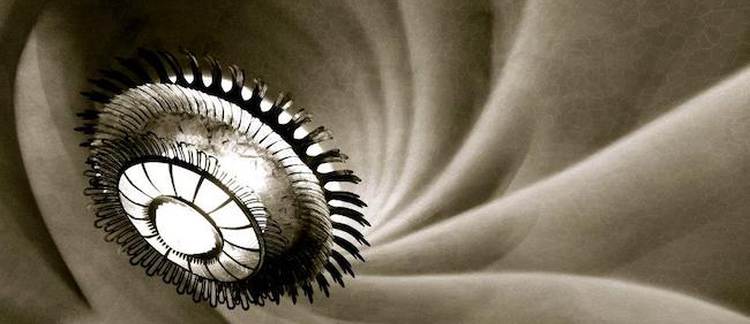Abstract
‘Eroticism’, says French philosopher Georges Bataille, ‘is assenting to life up to the point of death.’ The word denotes a quality of the sexual that is beyond the pleasure principle: it is self-loss approximated at the height of life. Communication, of which eroticism is one, entails a provisional imperilling of selfhood, a moment of ‘risk taking’ that, in Bataille’s description, places the being ‘at the limit of death and nothingness.’ A sexual communication, which Bataille likens to a religious festival, ‘provokes an outward movement in the first place.’ Unable to accomplish self-loss, this movement inevitably calls for a ‘retraction and a renunciation.’ But it is the rule with eroticism that this initial recoil ‘organises the merry-go-round’ and, as Bataille concludes in Eroticism (1957), ensures the ‘return of the forward movement.’
How to Cite:
Ko, C., (2024) “Batlló and Bataille: Four Photographs”, Moveable Type 15(1), 137-139. doi: https://doi.org/10.14324/111.444.1755-4527.1784
Downloads:
Download PDF
View PDF
827 Views
144 Downloads

